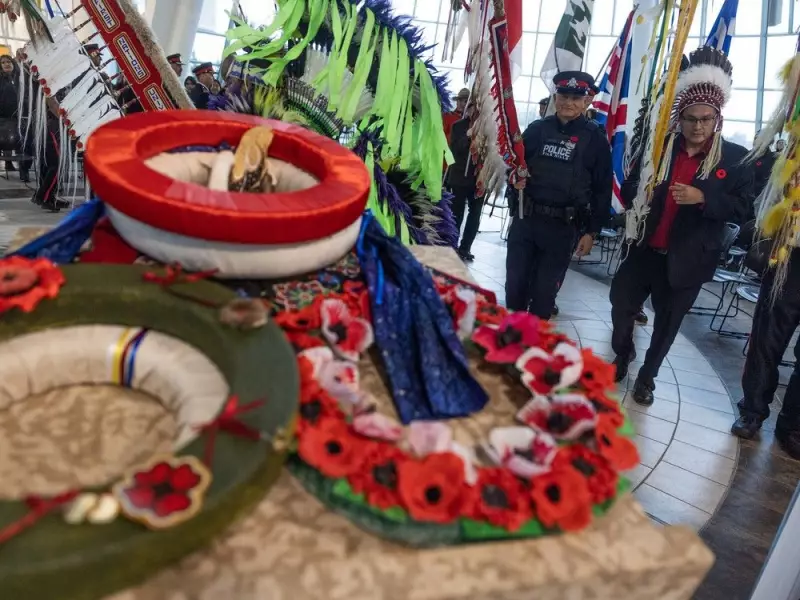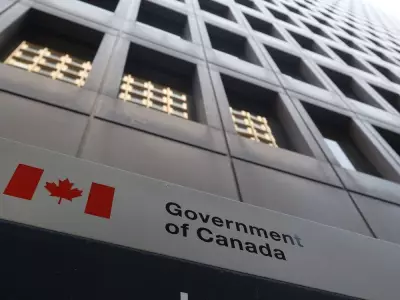
A powerful Remembrance Day ceremony at the First Nations University of Canada in Regina paid special tribute to First Nations veterans, recognizing both their military service and the unique challenges they faced.
Honoring a Family Legacy of Service
Darren Tanner, a 62-year-old veteran from Manitoba's Waywayseecappo First Nation, carried the Canadian flag during the ceremony's grand entry procession. Tanner served as a transport driver at 15 Wing Moose Jaw from 1989 to 1995, becoming the first person from his community to enlist since the 1960s.
"It's a great honour," Tanner expressed. "And it's not just about me. I'm doing this to honour my grandfather and other native veterans that didn't come home, and for the ones that did come home but broken."
Personal Stories of Service and Sacrifice
Tanner shared memories of his military career, including preparing to deploy as an ambulance driver during the Gulf War before the conflict ended. "In some ways, I'm glad I didn't go overseas," he reflected. "But at the same time, it was something I trained for."
The veteran comes from a family with deep military connections. His grandfather fought in the Second World War, while two uncles served with Canadian and U.S. militaries during the 1960s. Tanner noted that his grandfather rarely discussed his wartime experiences, sharing only one story about shooting a German soldier and mentioning how difficult it was to determine whose bullet hit targets in dense brush.
Recognizing National Indigenous Veterans Day
Friday's ceremony preceded National Indigenous Veterans Day on November 8, established in 1994 to specifically commemorate Indigenous veterans' contributions and acknowledge the injustices they encountered during and after military service.
According to Department of National Defence statistics, more than 3,000 First Nations soldiers served in the Second World War, with a total of 12,000 Indigenous people participating in Canada's military operations throughout the 20th century.
The event brought together elders, dignitaries, and community members at the First Nations University of Canada, creating a space for reflection and recognition of Indigenous veterans who often returned home to face discrimination despite their sacrifices.





